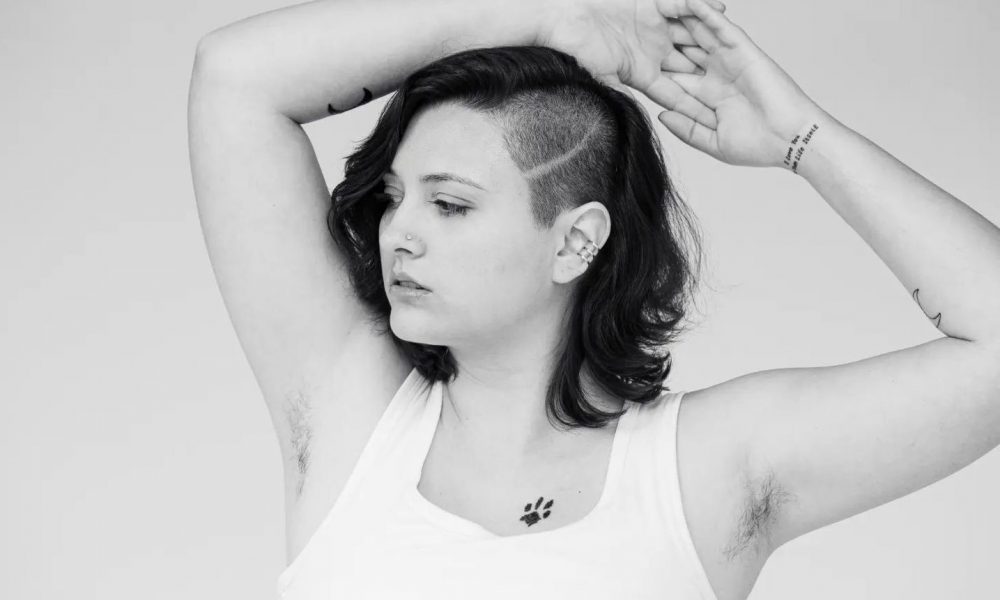

Today we’d like to introduce you to Brialynn Massie.
Hi Brialynn, can you start by introducing yourself? We’d love to learn more about how you got to where you are today?
I’ve loved movies since before I can remember, the escape and magic that they offered me for just a couple of hours at a time. During this time, I was allowed to feel what I feel, to see what I see, to connect to these characters and stories and, for once, forget that I existed in such a scary, confusing world. I came from a troubled family and was undiagnosed with Autism early on in life, which made reality even more confusing and terrifying than it already was. My father carried many mental health issues himself. Part of that was the inability to express emotions or connect vulnerably with others. He also placed that role onto me, and I would be punished for displaying emotions or longing to connect to others. Going to the cinema with him was like looking past the curtain and was the only time I had ever seen my father be… a human. It was like this shell of a person came to life, cried, laughed, was excited, was moved, and was connecting to something outside of himself, was connecting to me and my baby brother. It was a side of my father that was forbidden after the movie was over. And I would dread the third act, knowing we would soon be forced to return to our designated roles in the family. Watching movies was where I felt safe. Where I felt seen. Where I felt inspired. Where I felt loved. I decided that I also wanted to tell stories. I loved living in this make-believe world where things just seemed to make sense. I would write short stories, put on plays, and make short movies. I started doing theater as both an actor and director but was frustrated with the grandiose, faux nature of it and the cult-like community that wasn’t particularly about the art but about the attention and ego of it all beneath the guise of art.
I started acting in short films then took the plunge and moved to Los Angeles. I decided one day to pack up my car, with no power steering, AC, or car door handles, with just me and my beloved cat, and start driving. I had no idea where I would stay, how I would make money, or what was in store for me; but I just knew I needed to leave the life I was living in the Pacific Northwest. I was looking up couches to stay on from strangers off of Craigslist and took the leap of faith. Nothing could be worse than what I was already experiencing. After many classes, practicing with uncompleted short films and small roles here and there, I decided to take my career into my own hands and embarked on my web series, “Rvth: Genesis,” where I met many talented friends that I still respect and work with today. I learned so much from making “Rvth” and fell flat on my face most days, but I never gave up and I always figured out how to make what I wanted to happen, happen. “Rvth” was where I fell in love with the editing and filmmaking process. Where I fell in love with telling the stories I wanted to tell, how I wanted to tell it and give a voice to the people I wanted to give a voice to. I even asked for vignettes about depression and overcoming suicidal ideation to be voiced over the credits sequence after each episode. This was the start to finding my voice and how I wanted to use my art to help others find theirs.
Would you say it’s been a smooth road, and if not what are some of the biggest challenges you’ve faced along the way?
It has definitely not been a smooth road! Like I said, my car was trash, I didn’t have a place to stay, and I was not successful enough to make a living. I come from a troubled household, which included cult affiliation and abuse in many forms, so fair to say I had to pave my own way. I was acting and directing in community theaters as a teenager while also homeless and hopping from couch to couch from whoever would have me, sometimes sleeping on park benches or unlocked cars in Walmart parking lots. I was assaulted many times and had many ongoing traumatic experiences that I had to heal from both before and after separating from my family. My art was the only thing I had to hold onto and couldn’t be taken away from me. It was the only thing that seemed to make sense in my life. After I came to LA, I was desperate for success and became obsessed with the film hustle, which ended up being a distraction from my own health. I made many mistakes, took horrible advice from professionals in the business, and put myself in many dangerous situations for the sake of the “hustle.” I struggled with an eating disorder, self-harm, depression, and severe PTSD. I didn’t speak up when people had harmed me and felt trapped thinking that this was the only way I could “make it.” I booked a small role in a TV show, the first union booking I had, and realized that even then, I still wasn’t happy. This huge casting director knew me by name and even spoke personally over the phone to my manager to compliment my work when you would normally only hear from their assistants.
After years of rejection after rejection, I was finally receiving recognition and this was finally going to set me in motion to break out. I earned my spot on that show. I earned this huge industry professional knowing my name. I earned this opportunity that was everything I ever dreamed of for my first TV role. I sat in my personal trailer with my name on the door, something that was supposed to be one of the happiest moments of my life, and just cried. All of my hard work, all of my hustle, all of the times I degraded and abused myself for “opportunities,” I had finally gotten my foot in the door and… it still wasn’t enough. I was still unhappy. Shortly after we finished filming, I attempted suicide. When this was unsuccessful, I had two choices: I could go back to the drawing board to figure out a more effective suicide tactic or get help. But why bother getting help? Someone like me couldn’t be helped. What I felt was unheard of. I had no hope that my life could be any different than I had known since I was born. A friend had told me that I can always go back to the noose if I wanted to, but if I was going to make such an ultimate decision, then it should at least be an educated one, not an impulsive one or ignorant one. Going to treatment would provide me one last shot to see if things could actually change for me, and an educated decision as to whether it was possible or not.
Then I could do whatever I felt was right for my life and give up. I was committed to a mental health hospital and stayed in intensive treatment for two years before coming back to the film industry. I was diagnosed with Autism, Major Depressive Disorder, C-PTSD, Borderline Personality Disorder, Eating Disorders, and various others, and received intensive care for it all. It was like waking up from a nightmare I never knew I was having. Entering the world of recovery opened my eyes to change that I could never even imagine was possible for someone like me, and I am now determined and dedicated to using my art to help others know that they are not alone, that their pain is real, but most of all, they are worthy of healing. They are allowed to heal, that it is possible. I am in a unique position of not only coming from an underprivileged background with no resources or knowledge of recovery and experiencing severe trauma and depression but then coming out on the other end and realizing that life CAN be different for someone like me, someone like you, someone who feels as lost and alone as I did.
Thanks for sharing that. So, maybe next you can tell us a bit more about your work?
I’m a non-binary filmmaker that specializes in dramas with horror and surreal elements, involving the unspoken, darker side of mental health with truth but also love and empathy. My work gives a voice to the outcasts of our society whose symptoms aren’t “romantic” enough for mainstream media or laymen. I create multifaceted characters, where no one is all good or all bad but have elements of both. I don’t believe in “heroes” or “villains.” It is easy to cut off compassion and empathy, or even see these characters as other people with hopes, dreams, individuality, and fears. Stories seem to say that a person is only worthy of compassion and understanding if they fit a certain narrative or archetype. If they are socially acceptable. Otherwise, it’s “okay” to hate and write off these people. That is so incredibly problematic, not only for the sake of lazy storytelling but also the lessons that this teaches our society. I aspire to turn these “rules” of storytelling on their head and break strict archetypes. My art is in your face and doesn’t shy away from truth and beauty for the comfortability of my audience. Mental health is not comfortable.
I am most proud of my current movie that I wrote and I am directing, “I Need You to Stay,” a dark, lesbian, arthouse thriller about addiction and, specifically, Borderline Personality Disorder, told from the eyes of the main character and their struggle to maintain recovery. I am usually shy talking about BPD for fear of being judged or frightening people but have become more passionate about it as of late. I want to shove in the audience’s face a main character that is multi-faceted and not a bunny-boiling, easy to write off, monstrous “crazy” person. Someone that struggles but also has feelings, hopes, dreams, guilts, shame, and is deserving of being viewed just as human and rooted for just as much as any other character without BPD. Borderline Personality Disorder is stigmatized not only in our society by people that don’t understand the disorder but also within the Mental Health Community by professionals that refuse treatment to individuals that show symptoms of it. The most notable symptom of BPD is an extreme fear of abandonment, brought on from early childhood trauma, and the fact that our society and professionals are so quick to turn their back, demonize, and not want to deal with people that are desperate for help, further perpetuates this fear and makes the individual feel like they are not worthy of help, or worse, that they can’t be helped. It is a very lonely and painful diagnosis, both physically and mentally, and brings about such an excruciating amount of guilt and shame. This movie captures not only the struggle of recovering from BPD but the fears, self-loathing, and consequences of it on the people you love. This movie encapsulates what I have been trying to say with each of my past works, which is that you have to live. You have to survive. No matter your past. No matter your mistakes. You are worthy of healing. You are worthy of love.
These are themes that I try to bring forth in all of my work no matter how ill-received it can be by the general public. What sets me apart from other filmmakers is that I shine a light on the true nature of mental health in the ugliest forms possible, then embrace it with love, empathy, and humanity. “I Need You to Stay” is everything I’ve wanted to say with my work at this point. I didn’t have a voice growing up well into my adulthood. I couldn’t find a voice in the media that understood what I was going through or gave me guidance for what to do about it. I never even knew that a life different than what I knew was possible. I felt like I was alone in my struggles and a freak that shouldn’t be feeling how I felt. I would often say that God forgot about me and I just fell through the cracks, that I was an alien. I never want anyone to feel as lonely as I did.
How do you think about luck?
Haha, well, I’ll just say that it’s a running joke amongst my friend group that I am notorious for having bad luck. If it’s possible for something bad to happen, no matter how slim the chance, it will. Nobody believes me at first, but after hanging out enough, they always come around and are amazed. I choose to believe that this likelihood of bad luck in the mundane day-to-day events is because something amazing and full of good luck is being saved for me in my future, so I just have to put up with the lack of it in the interim.
Contact Info:
- Email: BrialynnMassieOfficial@gmail.com
- Instagram: @BrialynnMassie
- Facebook: www.facebook.com/BrialynnMassieOfficial
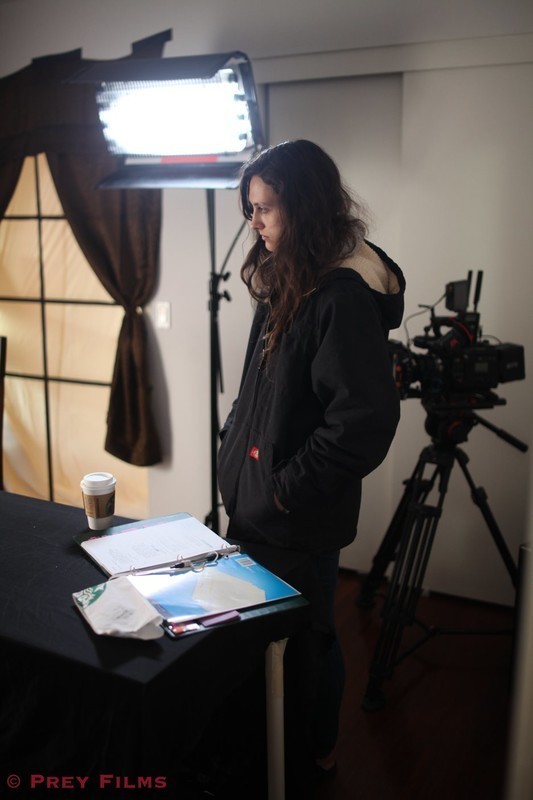
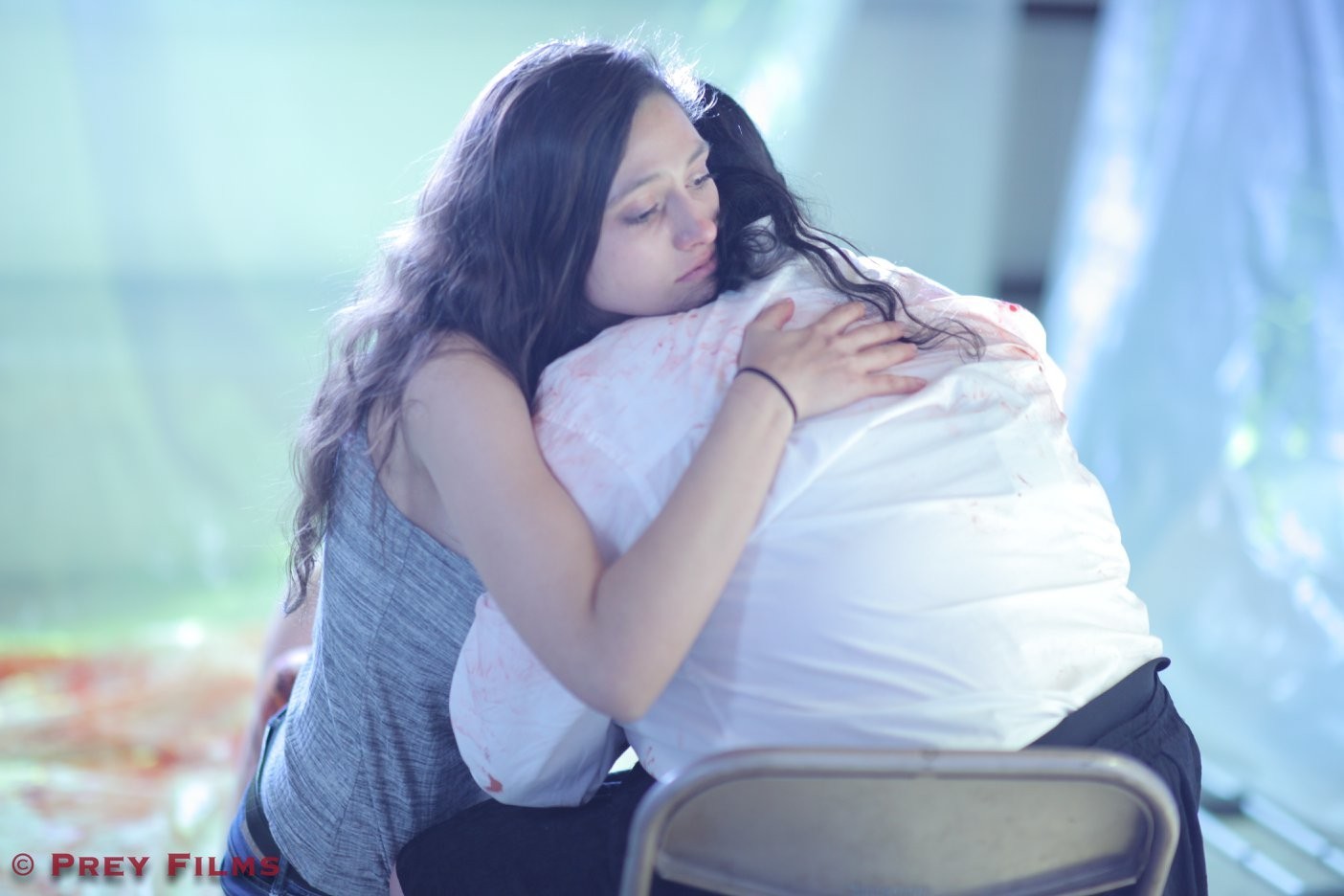
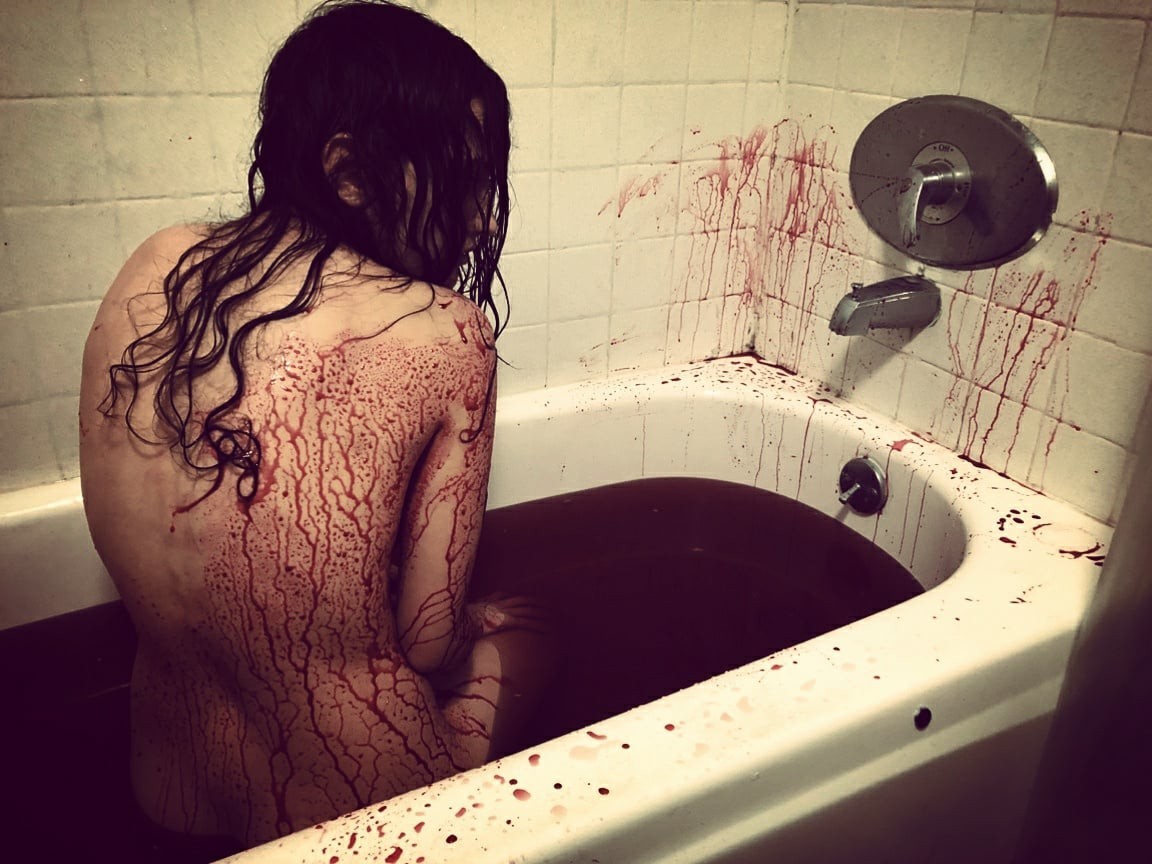
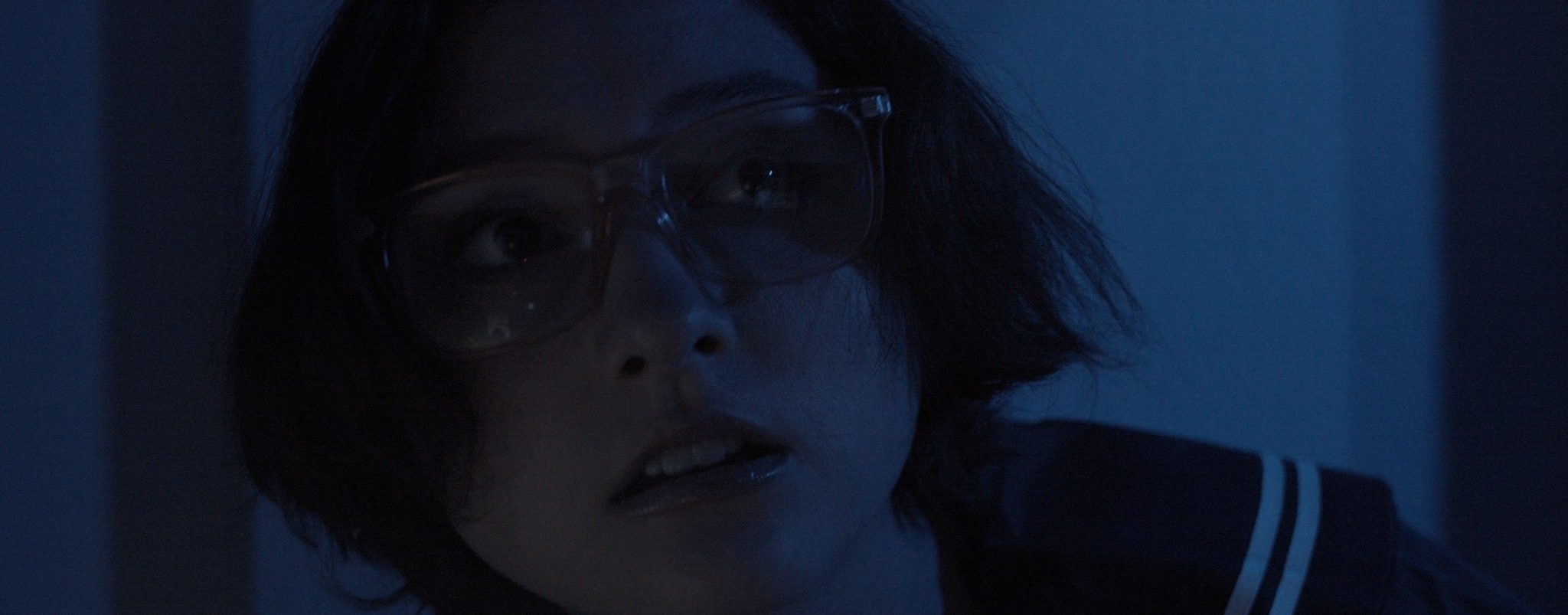
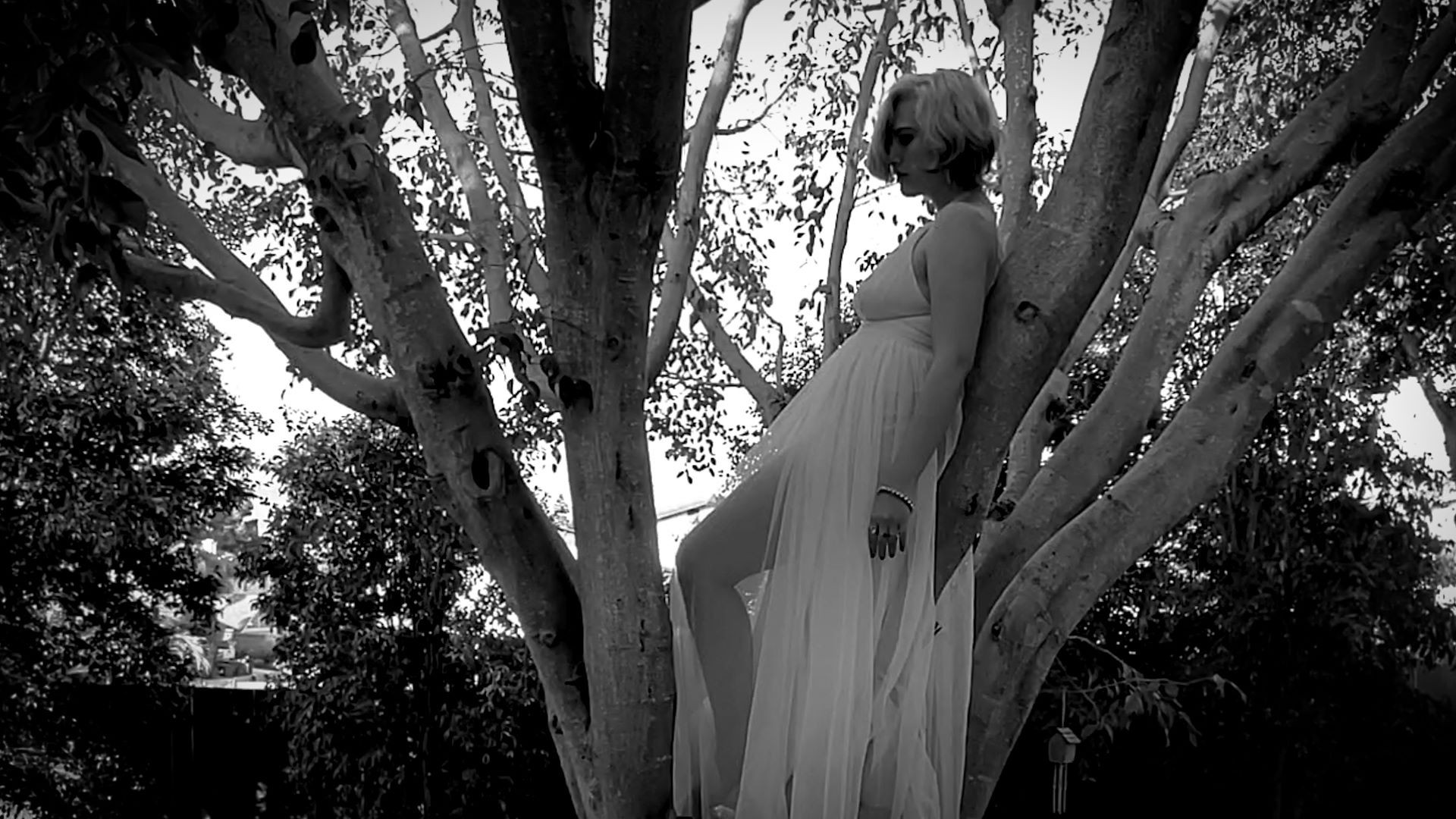
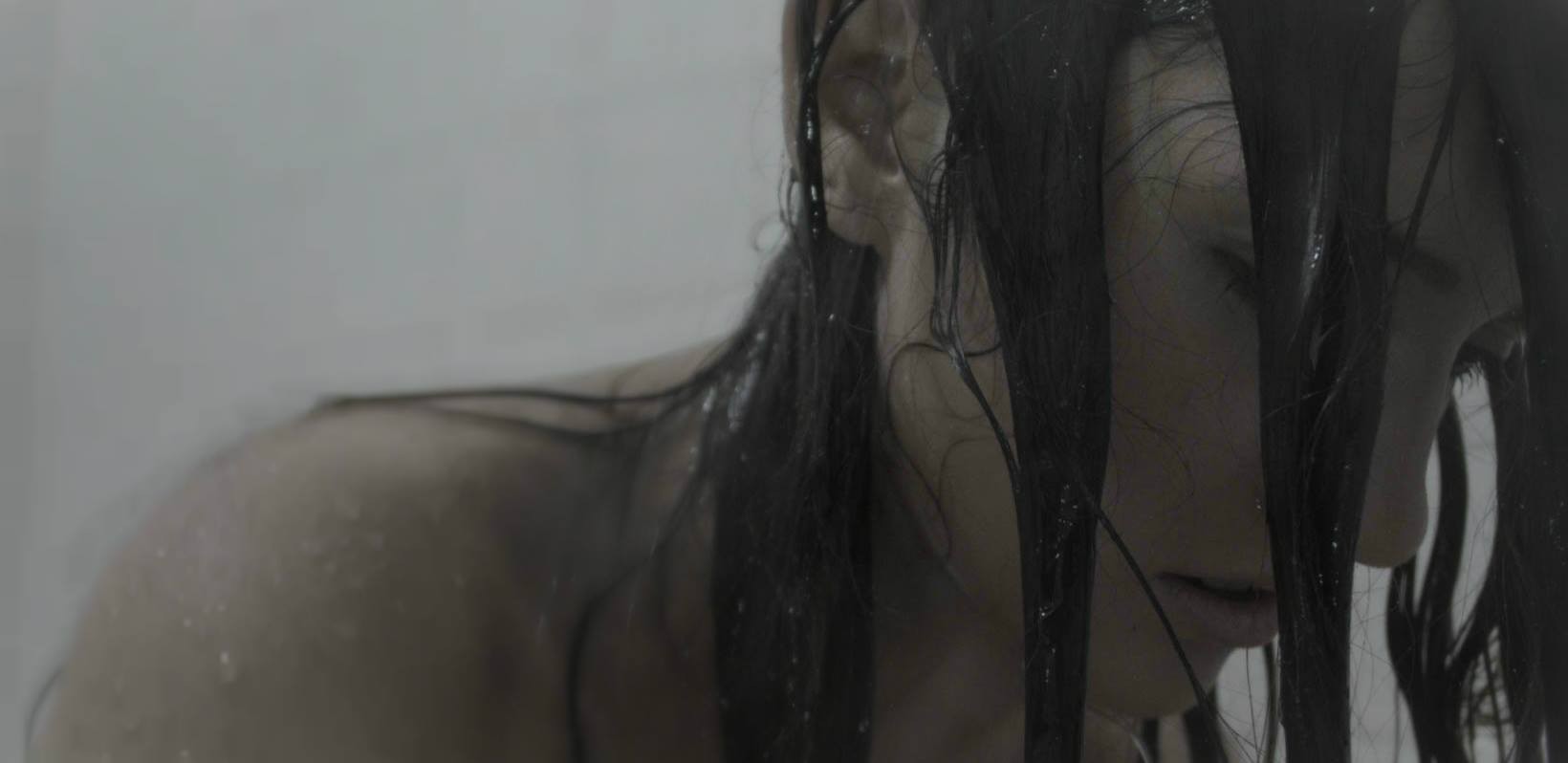
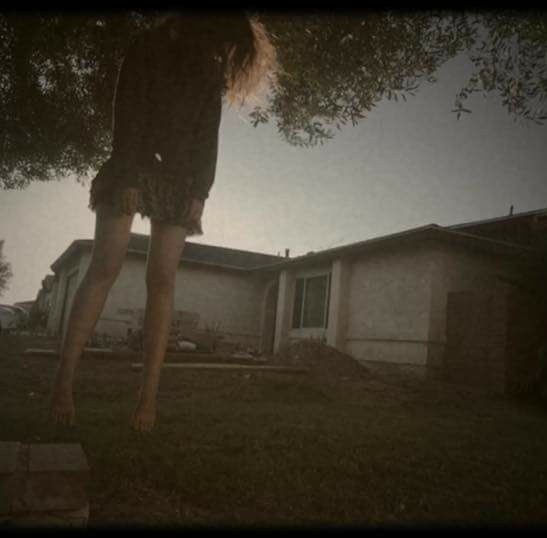
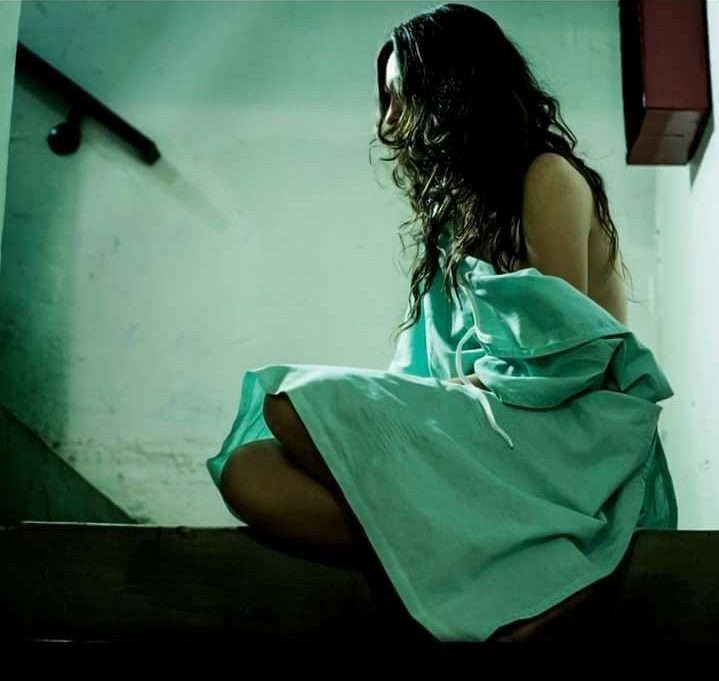
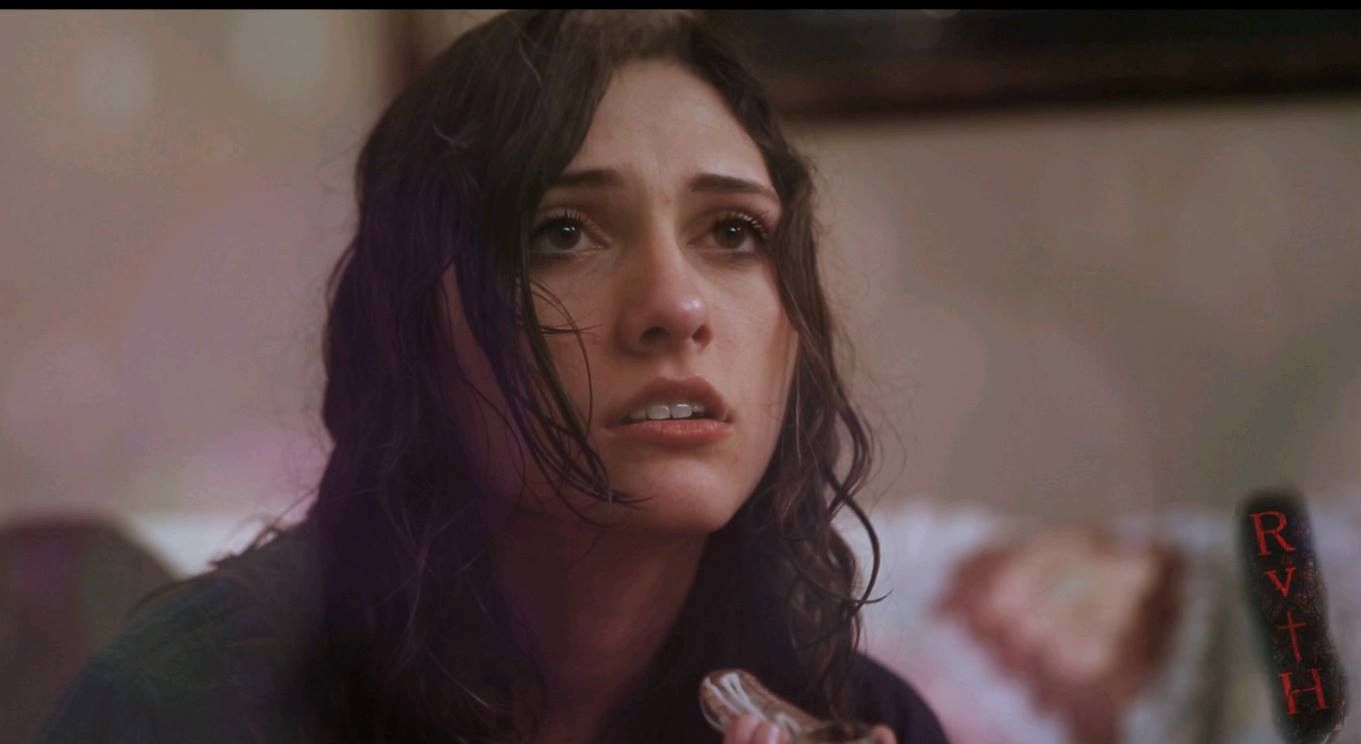
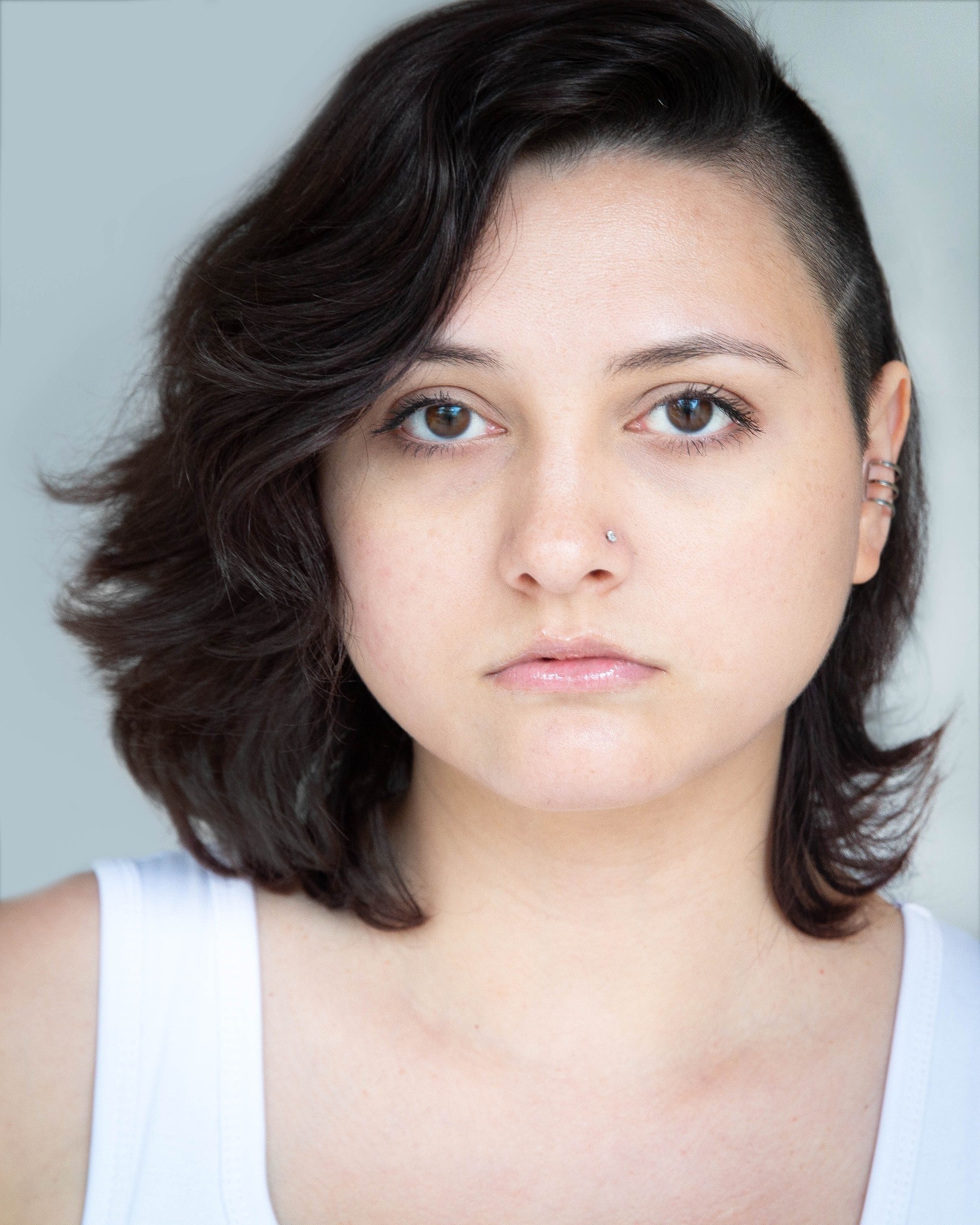
Image Credits
Kelton Jones Paul Stephen Edwards Alex Hwang Various others











